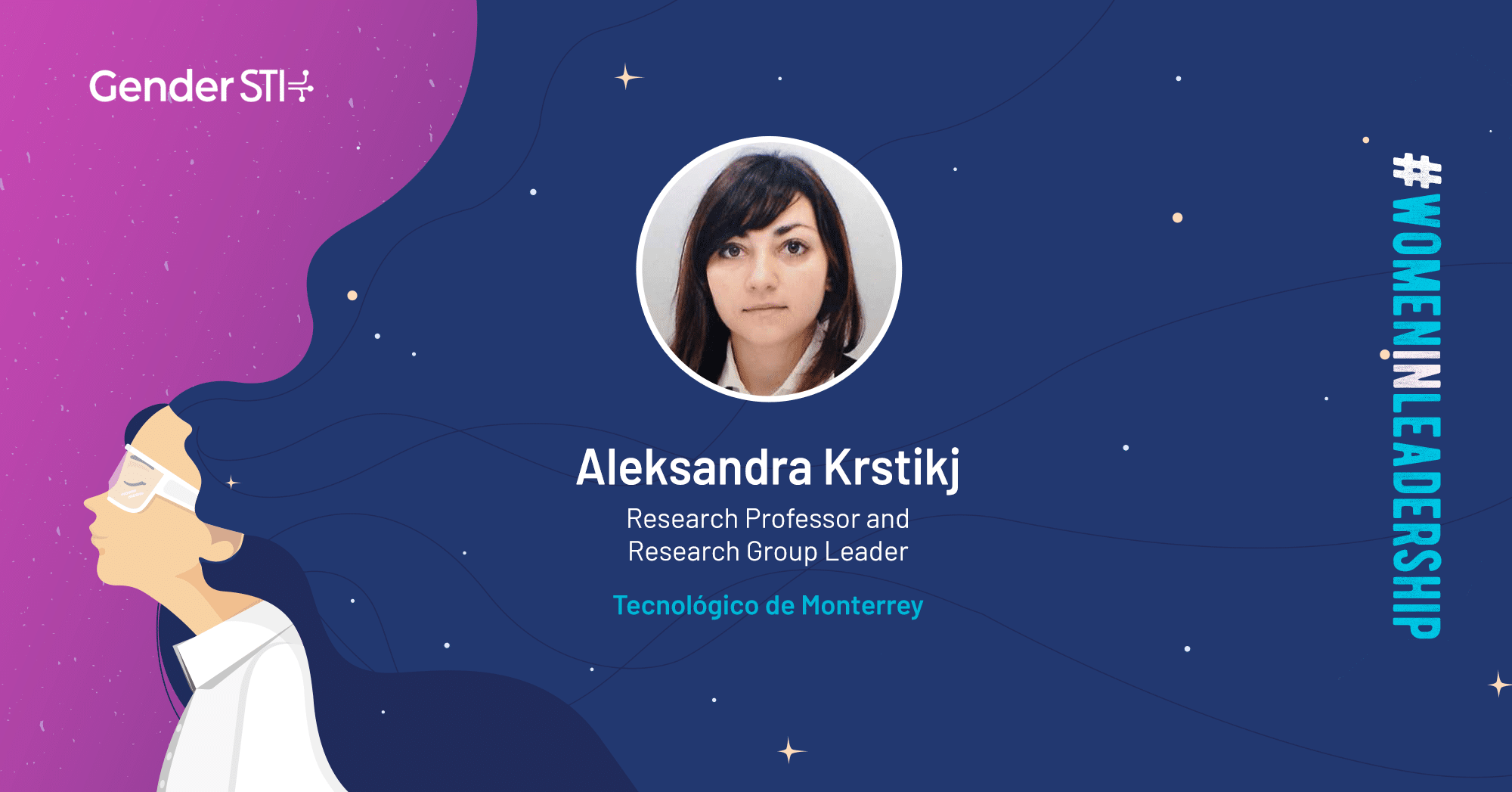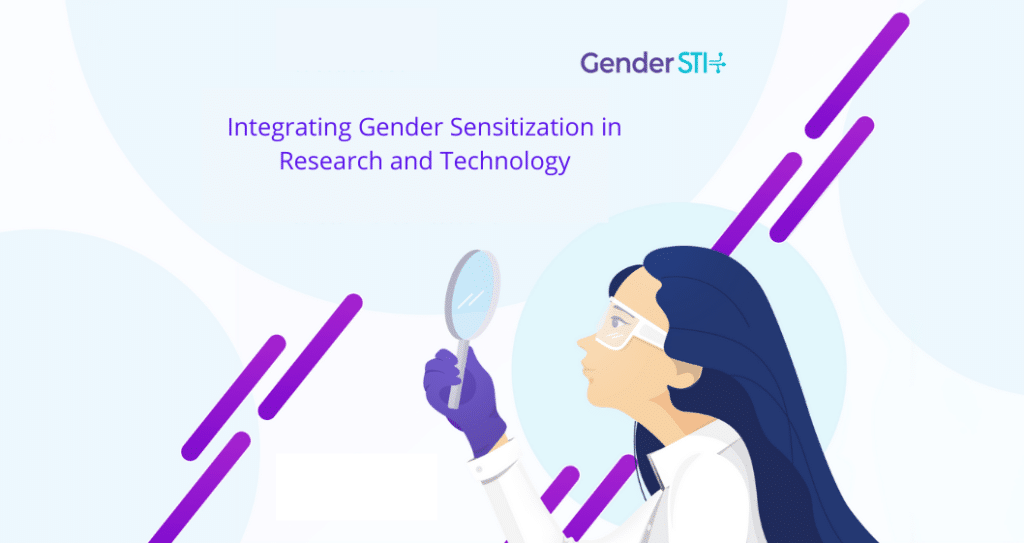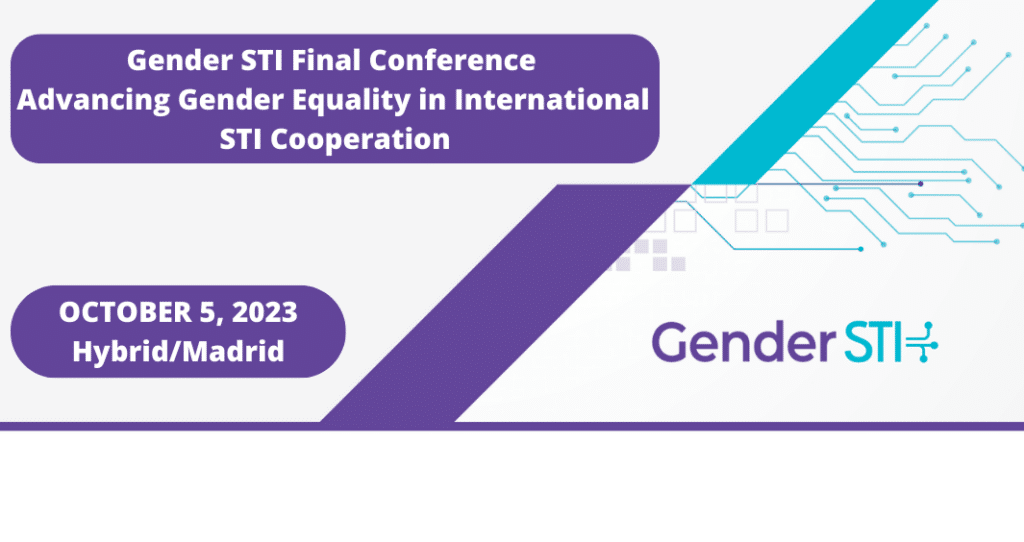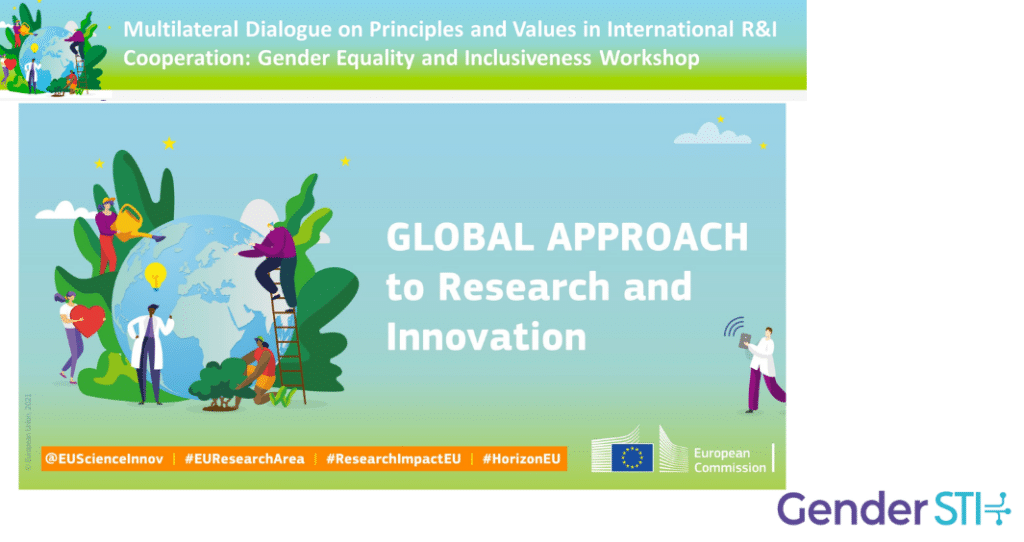Aleksandra Krstikj was nominated for Gender STI's #WomenInLeadership Campaign, which celebrates women leaders in science, technology and innovation, by Tecnológico de Monterrey in Mexico.
She is a full-time research professor at Tec de Monterrey's School of Architecture, Art, and Design. Her research focuses on problems related to urban conservation of historic centers and sustainable land use in the metropolitan periphery. Krstikj is a member of the National System of Researchers of Mexico and the Architectural Institute of Japan. She is also the leader of the national research group (GIEE) "Sustainable Territorial Development" of the School of Architecture, Art and Design at Tec. Dr. Krstikj is the coordinator of the Urbanism cluster in the Post Covid-19 Think Tank in the Vice-rector's Office for Research at Tec, which is focused on recovery and urban development post covid-19.
Krstikj spoke to Gender STI about her experience as a woman leader in honor of International Women's Day 2021.
Can you tell us a bit about your job and your responsibilities?
I have a Ph.D. in architectural engineering from Osaka University (Japan) and I am a full-time research professor at the School of Architecture at Tec de Monterrey (Mexico), where I dedicate half of my working time to research projects and a half on teaching. I am also the leader of the strategic research group of the School of Architecture "Sustainable Territorial Development" where I organize a monthly research seminar, coordinate research projects, and initiate collaborations for the advancement of the institution's architectural research.
Did you face any challenges on your journey to become a woman leader? How did you overcome them?
There are many challenges for women in science. From my own experience, I can attest to facing gender bias when I was applying to lead longer projects or get permanent research positions. I would say the prejudice that women somehow cannot handle many responsibilities is still dominant in many parts of the world, including developed and developing countries. Nevertheless, I was fortunate enough to always be able to count on the support of my mentors to achieve my goals. I hope to be able to do the same for my younger female colleagues in the future.
What goals do you have as a leader?
I very much enjoy working on projects related to sustainable urban planning. That is an area demanding systemic solutions for which interdisciplinary teams are required. No one knows everything about a complex system such as a city. Thus, my primary goal as a leader is to get people from different disciplines together and leverage the synergy from those collaborations for innovation. Another important goal is to make sure that everyone is included in the solution design and decision-making, especially women and girls.
How would you describe the gender balance in decision-making in science, technology and innovation (STI)?
I would describe it as flawed. Undoubtedly, there has been some progress on including women in the decision-making roles in STI over the last few decades. However, the pace is slow and without a lot of contextualized understanding. It is not only about opening more job positions for women leaders in STI. Women in different parts of the world have different cultural and social norms which restrict their development. Thus, I think policies about gender balance in STI have to be accompanied by more culture-sensitive supportive infrastructure that will create the conditions for a woman to have the choice of pursuing a career in STI and becoming a leader.
Moreover, even though the number of women in STI might have increased, little has been done to ensure equal wages and consideration of maternity responsibilities for women in leading positions.
What would you tell young girls and women who would like to become leaders in their professional fields one day?
I would say that being a woman leader today is hard, but also very fulfilling from two aspects. First, being able to contribute to the development of any field inside STI is contributing to the development of our global society and making the world more resilient, which is especially important today when we face global crises such as climate change and rising inequality. Secondly, every woman leader today is an icebreaker, charting the path for younger women to follow in her footsteps, thus bringing hope and joy to many.
As you may know, the Gender STI project focuses on promoting gender equality in international cooperation in STI. Do you have any ideas on how we could promote gender equality in this area?
I think that consideration of culturally-sensitive issues should be part of any efforts to foster women leaders in international cooperation. For example, respect for cultural codes embedded in dressing, voice and eye contact, as well as body language could be part of training courses for international project members. Awareness campaigns have brought about many behavioral changes in recent years, freeing women from shame or uneasiness to communicate their ideas in front of a larger or international audience.
What do you think needs to be done to increase the number of women leaders in STI?
There are a lot of things that need to be done. First, equal right to education is essential. Ensuring that women and girls are given the same access to quality education should be the pillar of gender policies for women leaders in STI. Secondly, I think it is necessary to create a supporting infrastructure to ensure that women are not victims of power or sexual abuse in the workplace. Finally, special programs, grants, and aids for women from marginalized communities, mothers, and women taking care of family members are urgently needed.
Follow Gender STI’s #WomenInLeadership campaign on Twitter, LinkedIn and Facebook for more great interviews. Join the conversation using #WomenInLeadership, #IWD2021 and #GenderSTI.



